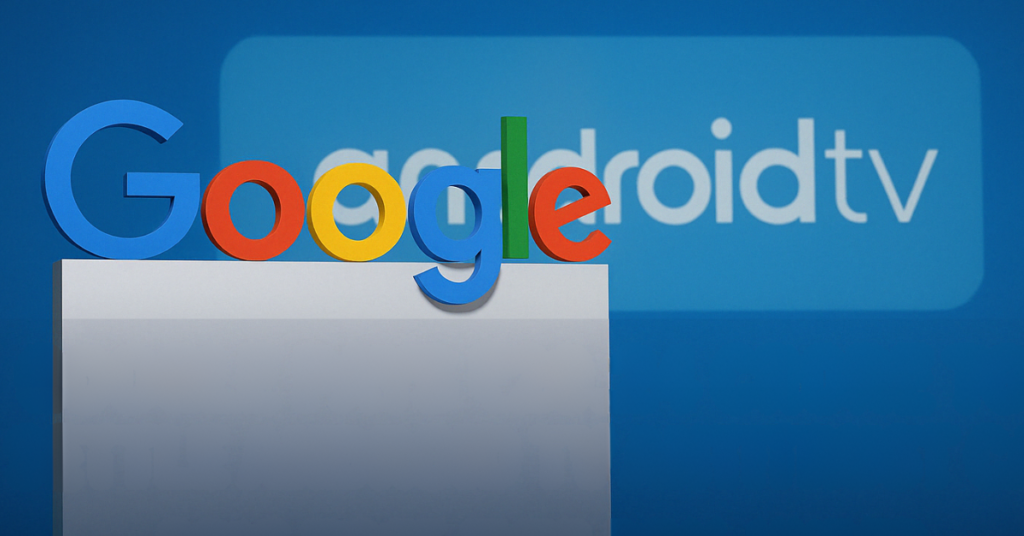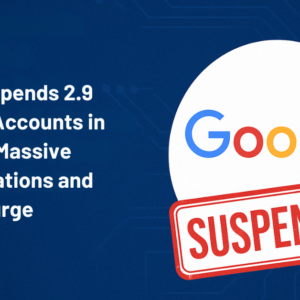
In a landmark resolution that reshapes India’s digital regulatory landscape, Google has agreed to pay ₹20.24 crore to the Competition Commission of India (CCI), settling a significant antitrust case concerning its conduct in the Android TV market. This development marks the first formal settlement under India’s amended Competition Act, which introduced a structured pathway for negotiated resolutions in 2023.
The antitrust case dates back to 2021, when a complaint prompted the CCI to investigate Google’s alleged misuse of dominance in the Android smart TV segment. At the heart of the probe was the accusation that Google forced OEMs (original equipment manufacturers) to bundle its proprietary services—namely the Play Store and Google Play Services—when selling Android-based smart TVs in India. This allegedly stifled innovation and reduced competition, prompting regulatory intervention.
Following a detailed inquiry, Google submitted a settlement proposal under the newly established framework. The CCI, after examining the terms under what it referred to as the “New India Agreement,” accepted Google’s offer and concluded the case.
Under the terms of the settlement, Google will now provide standalone licenses for the Play Store and Play Services on Android TVs in India. This change effectively ends the practice of mandating OEMs to pre-install Google apps or comply with restrictive default placements to access these services. More notably, the CCI also confirmed that Google would no longer require OEMs to follow Android Compatibility Commitments (ACC) for devices that do not come preloaded with Google apps. This move grants manufacturers greater freedom to develop Android forks and customized smart TV interfaces without the risk of violating previous agreements.
The regulator hailed the development as a breakthrough for digital competition in India. According to the CCI, these structural changes will unlock opportunities for Indian and global smart TV manufacturers to innovate and compete on fair terms, without being constrained by platform dependencies or compatibility restrictions.
Experts believe this agreement sets a precedent for future engagements between the Indian government and global tech giants. Rather than imposing fines without corrective pathways, India’s revised competition framework now allows companies to collaboratively resolve disputes while embracing regulatory reforms. Google’s willingness to revise its licensing model not only resolves the current complaint but also sends a strong signal about its readiness to comply with India’s evolving digital governance expectations.
For consumers, this could mean more choices in smart TV products, potentially lower prices, and access to diverse platforms, as OEMs are no longer bound to use Google’s ecosystem. For the Indian smart TV market, currently one of the fastest-growing in the world, this move opens the door to greater competition, innovation, and consumer-centric offerings.
With this ₹20.24 crore settlement, Google becomes the first major tech player to formally resolve an antitrust issue through India’s updated legal mechanism—ushering in a new chapter in the country’s approach to digital regulation and big tech accountability.
Stay tuned newsdailyupdates for more updates.
Also Read
BCCI Central Contracts 2024-25 Out Now: Shreyas Iyer, Ishan Kishan Make a Comeback, Rishabh Pant Gets a Big Upgrade
Pope Francis Passes Away on Easter Monday at 88 – A Legacy of Compassion, Reform & Faith
Oppo K13 5G Launches in India with 7000mAh Battery & Snapdragon Power – A Mid-Range Gamechanger at ₹17,999





